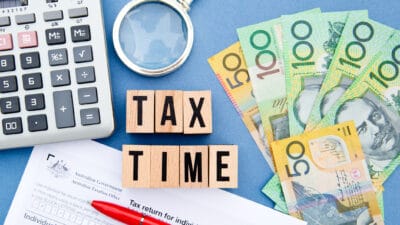You've probably heard or read about FIRE somewhere. You've probably wondered what it was. Financial Independence, Retire Early (FIRE) is a lifestyle movement that allows its proponents to retire and live off their portfolios far earlier than is usually the case.
We take at look at FIRE and how you can take inspiration from it.
What is FIRE?
FIRE centres on the premise that money is time. Every purchase you make can be equated to hours spent at work to 'earn' that purchase. FIRE adherents save a high proportion of their income whilst in the traditional workforce, even up to 70%. To do so, they live a frugal lifestyle, devoting earnings to financial freedom rather than material possessions.
FIRE focuses on devoting savings to investment from an early stage, adding to investments frequently as savings accumulate. FIRE adherents are not necessarily wealthier than anyone else. Often they subsist on average incomes. The key is to avoid extraneous or unnecessary spending in favour of future benefits.
Financial Independence
Financial independence is the focus of FIRE. Achieving financial independence gives you the freedom to pursue your hopes and dreams. Generally, financial independence is achieved when your net worth is 25 times your annual living expenses. FIRE adherents therefore look to both increase their net worth and decrease their living expenses by optimising lifestyle choices.
Investing is an essential component of FIRE. Simply increasing savings will generally not be sufficient to allow an early retirement, especially in today's low interest rate environment. Assets are invested in low-cost ETFs or directly in shares, property, or bonds. Returns are reinvested to allow for compounding over time.
Retire Early
Once FIRE devotees reach a certain level of assets, say $1 million, they are able to quit their day jobs or withdraw from employment altogether. To support themselves they withdraw small amounts from their portfolio, say 3–4% a year, which in theory should allow them to keep their capital intact. Of course, in reality this requires some serious budgeting and portfolio management, but it is possible.
There are all sorts of variations on this trend. Some people may leave full-time work but chose to work part time, or in a different field. Others may leave corporate life and make their side hustle their main gig. FIRE is really about having the freedom to chose whether to work or not, rather than simply not working.
Foolish takeaway
FIRE is not a get rich quick scheme. Achieving financial independence takes time, determination, and hard work. The idea is to be intentional with your money, leveraging it to allow you to make the most of your time. By spending and investing wisely, you too could achieve FIRE.








